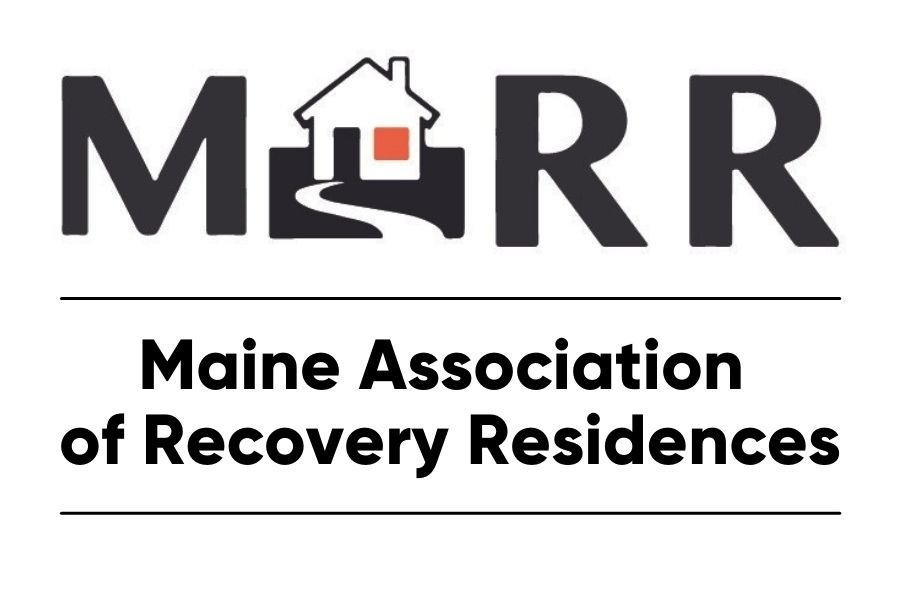Lawmakers should reject unnecessary fire code changes for recovery homes
Scott Pardy is the president of Fresh Start Inc.
When Fresh Start Sober Living started in 2018, I had no idea how serious the lack of recovery residences was in our community. Recovery homes provide a supportive environment for people in early stages of recovery from alcoholism and substance use disorder to regain their footing.
Shortly after opening our first house, we became flooded with applications and calls from so many people ready for recovery and needing a safe and supportive space. We’ve been working on meeting that need ever since. Less than five years later we recently opened our 13th house. Fresh Start now has more than 100 beds to serve those in recovery from substance use disorder. The applications and calls are still coming.
At Fresh Start Sober Living we know that recovery residences work. Men and women who have joined us from a dark place are now beacons of optimism and support for other members. Like a family, they shop and cook for one another. They share stories and look out for each other. Many residents become volunteers within our communities, and all are contributing to society with good work that uses their hands, hearts and minds.
It’s not just our program that is successful. There are data available demonstrating recovery residences work across the country. In Maine alone there are 71 recovery residences, which provide more than 700 beds for people seeking recovery and a better life.
One of the pillars of the success of recovery residences is affordability. Recovery must be available to all, and keeping the cost of living in a recovery residence reasonable is the key to achieving that goal.
Currently, there is a bill before the Legislature’s Criminal Justice and Public Safety Committee that would have a negative impact on recovery residences. Programs like Fresh Start Sober Living would find it difficult to maintain the level of affordability our residents need.
LD 109 intends to repeal an earlier law passed in 2019 that identified recovery residences as family residences for the purposes of life and safety (fire) codes. If this passes, recovery residences could be reclassified as group homes, and with that comes the potential requirement of the installation of expensive advanced fire protection systems. The initial installation cost of these systems would be significant, and the yearly maintenance fees would become a large ongoing financial burden.
There’s a saying among building engineers, “Smoke detectors save lives, sprinklers save property.” Nothing is more important to Fresh Start than the lives and safety of our members. The Maine Association of Recovery Residences performs annual inspections of our residences as part of our required certification process. It considers fire safety equally as important as providing the life-saving antidote naloxone and naloxone training to every resident. The association tests every smoke alarm and carbon monoxide detector. It checks every fire extinguisher and tests exit windows to ensure egress. It also checks dryers and inspects records of required fire alarm drills.
LD 109 is unnecessary and the unintended financial consequences of passing it will cause irreparable harm. In the 20 years of existing records, there has never been an injury or death in a recovery home due to fire. While the Criminal Justice and Public Safety Committee means well, it is our hope that its members consider there were 716 accidental overdose deaths in Maine last year.
The passage of LD 109 would grind the opening of new recovery residences to a halt. Worse yet, estimates show as many as 40 percent of existing residences would be unable to meet the additional cost burdens imposed and would close. A recent survey found that 63 percent of our members felt they could become homeless if Fresh Start was not in existence. If the number of recovery residences in Maine are reduced, the number of overdose deaths will likely increase. We need recovery residences in the fight against substance use disorders now more than ever.
Taken from the Bangor Daily News
https://www.bangordailynews.com/2023/03/01/opinion/opinion-contributor/recovery-homes-fire-codes/?fbclid=IwAR38W0m2p_OKaomecb9zcwP0ld7VvlX6dnOSivHgKAsmKsqJq_PIrDUsbNI
